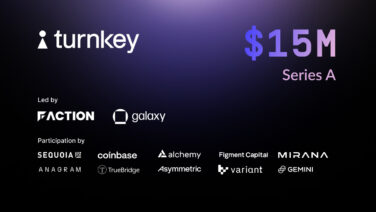
The United States Federal Bureau of Investigation (FBI) has issued a cautionary alert regarding the escalating threat of criminal actors infiltrating social media accounts and impersonating legitimate figures within the nonfungible token (NFT) and cryptocurrency realm.
The FBI’s warning also spotlights the proliferation of spoof websites that deceive victims into believing they are engaging with authentic platforms, ultimately leading to the pilfering of their NFTs or cryptocurrency assets.
As the number of individuals falling victim to these fraudulent tactics continues to rise, the FBI’s advisory underscores the imperative of staying vigilant in the ever-evolving landscape of digital fraud.
The FBI’s public service announcement, released on August 4, underscores the emergence of “criminal actors posing as legitimate NFT developers in financial fraud schemes targeting active users within the NFT community.”
These impostors employ various strategies, either by gaining unauthorized access to genuine NFT developer social media accounts or by fabricating nearly identical accounts to promote purported new NFT releases.
Their deceptive posts often employ psychological triggers such as inducing urgency through phrases like “limited supply,” presenting the promotion as a sudden or unannounced event.
The FBI further reveals that these malicious actors frequently incorporate phishing links within their announcements.
These links direct unsuspecting victims to meticulously crafted spoofed websites that convincingly mimic the appearance of authentic extensions of specific NFT projects.
The deceitful websites typically prompt individuals to connect their digital wallets, ostensibly to claim or purchase NFTs. However, these connections are designed to route to a draining smart contract, resulting in the unfortunate loss of the victim’s funds or digital assets.
While the primary method involves misleading wallet connections, scams can also manifest through more intricate mechanisms.
A case in point is the experience shared by a user named StockEd, who unwittingly clicked on a counterfeit LooksRare NFT marketplace website.
Despite not linking their hot wallet, the individual suffered a staggering loss of over $300,000 worth of NFTs.
In a thought-provoking twist, the fraudulent website in question had gained prominence through paid advertisements atop Google’s search results, highlighting an enduring challenge that the search giant has yet to fully mitigate.
The debate surrounding the victim’s baffling predicament stirred discussions on potential vectors of attack. Some conjectured that malware might have enabled unauthorized access to the victim’s computer, while others hypothesized the presence of a concealed MetaMask wallet signature link within the scam website.



